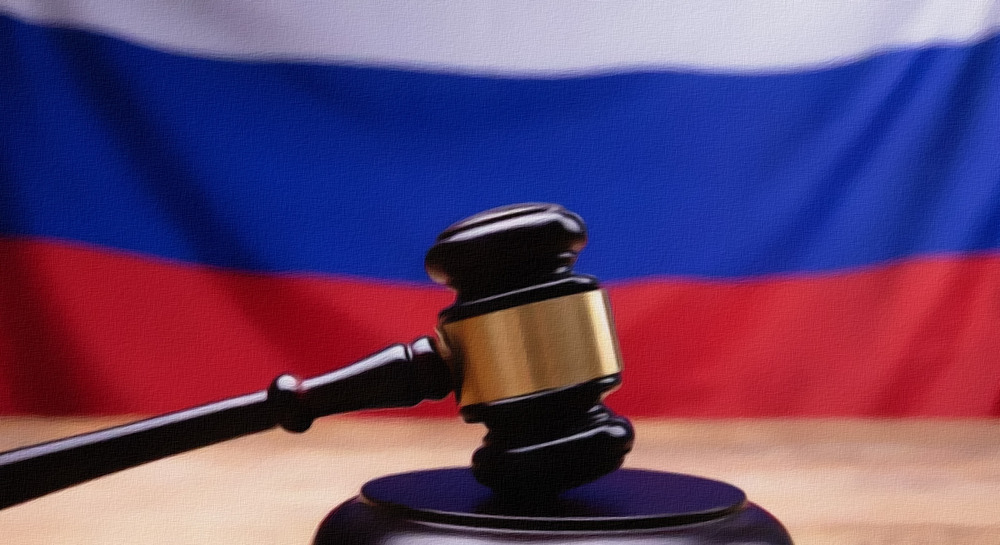New Laws Taking Effect in January 2024
In January 2024, several new laws and regulations come into force in Russia, impacting the Russian internet (Runet), digital technologies, and the rights and freedoms of citizens. Below is an overview of the most significant changes.
Turnover-Based Fines for Refusing to Install SORM
Starting January 1, a law introduces turnover-based fines for telecom operators who refuse to install SORM equipment, which stores user traffic, including text and phone conversations as well as message content.
- Failure to comply will result in a fine for individual entrepreneurs and legal entities ranging from 0.001% to 0.003% of revenue, but not less than one million rubles.
- For repeated violations, the fine increases to 0.01%–0.03% of revenue, but not less than one million rubles.
According to supporting documents, installing SORM is intended to ensure the safety of citizens and the state, and to combat criminals who use caller ID spoofing for fraud and spreading false information about terrorist threats.
Significant Increase in Telecom License Fees
Also from January 1, the state fee for obtaining a telecom service license increases 133-fold. This applies to licenses requiring the installation of network equipment for operational investigative activities (SORM).
- The fee has risen from 7,500 rubles to 1 million rubles.
Alexander Khinshtein, head of the State Duma IT Committee, justified the change by noting the large number of telecom operators in Russia and the need to bring order to the market. He also stated that the low previous fee allowed unscrupulous operators to easily reapply for new licenses after violations. Industry representatives, however, believe this measure will not help fight fraud but will negatively impact regional telecom businesses.
Russians Gain Control Over Their Biometric Profiles
New rules for handling biometric data collected in the Unified Biometric System (UBS) allow citizens to fully control their biometric profiles starting January 1.
- All consents for biometric data processing given to private companies will be displayed in the user’s account on the “Gosuslugi” portal.
- Users can manage these consents online, giving them complete control over their biometric profiles.
- Consent can be withdrawn at any time if the user no longer wishes to receive services from a particular organization.
Register of Waste Recyclers
Amendments to the Federal Law “On Production and Consumption Waste” and other legislative acts take effect on January 1, aiming to improve the extended producer responsibility system for goods and packaging.
- The law makes producers and recyclers responsible for packaging disposal.
- A special information system will be created, including a register of bona fide recyclers, administered by the Russian Environmental Operator.
- Producers can only contract with recyclers listed in this register.
Conscription Age Raised
From January 1, the conscription age for mandatory military service is raised to 18–30 years (previously 18–27 years). The law does not provide for a gradual increase. Citizens who turn 27 before the end of 2023 remain in the reserve and are not subject to conscription in 2024.
Recall that in April 2023, a law was passed introducing electronic draft notices, which no longer require personal delivery. Placement in the relevant register is now considered official notification. Two registers are being created: one for military service and one for delivered (sent) notices. Once a notice is received by any means, the recipient cannot leave the country. Within 20 days, the individual must report to the military office; failure to do so results in loss of the right to work as an individual entrepreneur or self-employed person, obtain loans, or register property or vehicles.
All Accounting Data Must Be Stored on Russian Servers
From January 1, all economic entities are required to transfer accounting documents and data to servers located in Russia. This applies to all documents and databases, such as those used in 1C. Foreign hosting and accounting SaaS services are now prohibited.
- Original documents, including paper copies and digital copies with electronic signatures, must be stored in Russia.
- Backup copies may theoretically be stored abroad.
Information System for Cultural Heritage Preservation
Russia will create a state information system for the preservation of cultural assets. This system will include registers of cultural experts, expert opinions, export permits, passports, and a unified database of musical instruments and bows.



